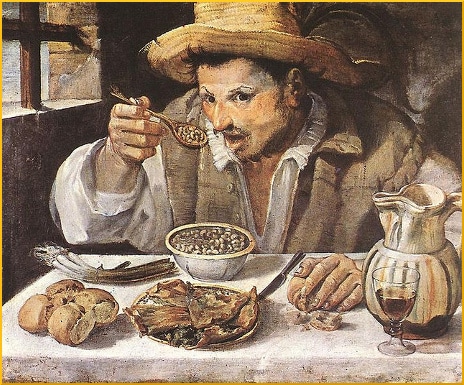
Still attempting to catch up with the multitudinous events on the obesity front in the United Kingdom, we looked at the historic “Childhood obesity: a plan for action,” released in August of 2016 and updated three months ago. The report divulged some alarming statistics, such as the most recently calculated yearly cost to the National Health Service (NHS) of treating illnesses related to overweight and obesity, which was £5.1 billion (a little over $6.5 billion).
It also said:
We [the UK] spend more each year on the treatment of obesity and diabetes than we do on the police, fire service and judicial system combined.
Let’s put that another way. If the costs of policing the country, and putting out fires, and running the courts — three vital public services — are all added together, that total is less than the amount spent on treating obesity and diabetes.
In order to avoid the impending NHS financial disaster, Point #2 “challenged” food manufacturers to reduce by 20% the sugar in the nine categories of junk food that children are most likely to eat. Makers of breakfast cereal, cookies, yogurt, cakes, pastries, candy, puddings, ice cream, and sweet spreads are being asked to do this voluntary action, sometime between now and 2020.
Point #5 suggested putting better stuff in vending machines. In other words, the “plan for action” was underwhelming.
Weak sauce
Obesity researcher Zoe Harcombe’s take on the so-called action plan was less than flattering. She counted up the number of times the word “encourage” appears — 10 times in 13 pages. Apparently, if the government attempted to make any measures obligatory, it would upset the whole British applecart. So, corporations are being asked nicely to do things they have not the least desire to do.
Children are also encouraged to do something, namely, to be active for at least an hour a day. Primary schools are encouraged to provide the means of obtaining this physical activity. The new soda tax is expected to kick in a share of the revenues to fund school sports.
Harcombe remarked:
The government clearly thinks that children can outrun a bad diet. The more soft drinks that are consumed, the more money there will be to fund children to try to burn off the soft drinks. It’s so daft it’s almost funny.
She also takes issue with the whole idea of the “traffic light” food labeling plan, saying,
If you want clearer food labelling, how about “Don’t eat anything that requires a label!”
Apparently, the long-awaited plan to deal with childhood obesity was touted as being SMART, i.e. Specific, Measurable, Achievable, Relevant, and Time-bound. Instead, Harcombe judged it to be the opposite:
The report is complete waffle and vagueness. There is nothing tangible; no targets; no key performance indicators; nothing measurable… Going through the 14 points, 1 may not happen; 2 won’t happen and 3-14 would make no difference or make things worse (by reinforcing current bad dietary advice).
Harcombe has irreconcilable differences with the British government’s concept of healthy eating, “based as it is on starchy foods (sugar in different forms),” and so concludes on a pessimistic note:
If the dietary advice were sound, children would not need to outrun it. Given that it’s not, children have got no chance.
Your responses and feedback are welcome!
Source: “Childhood obesity: a plan for action,” Gov.uk, January 2017
Source: “UK Childhood Obesity ‘Strategy’,” ZoeHarcombe.com, 08/22/16
Photo credit: Robert Huffstutter via VisualHunt/CC BY

 FAQs and Media Requests:
FAQs and Media Requests: 











